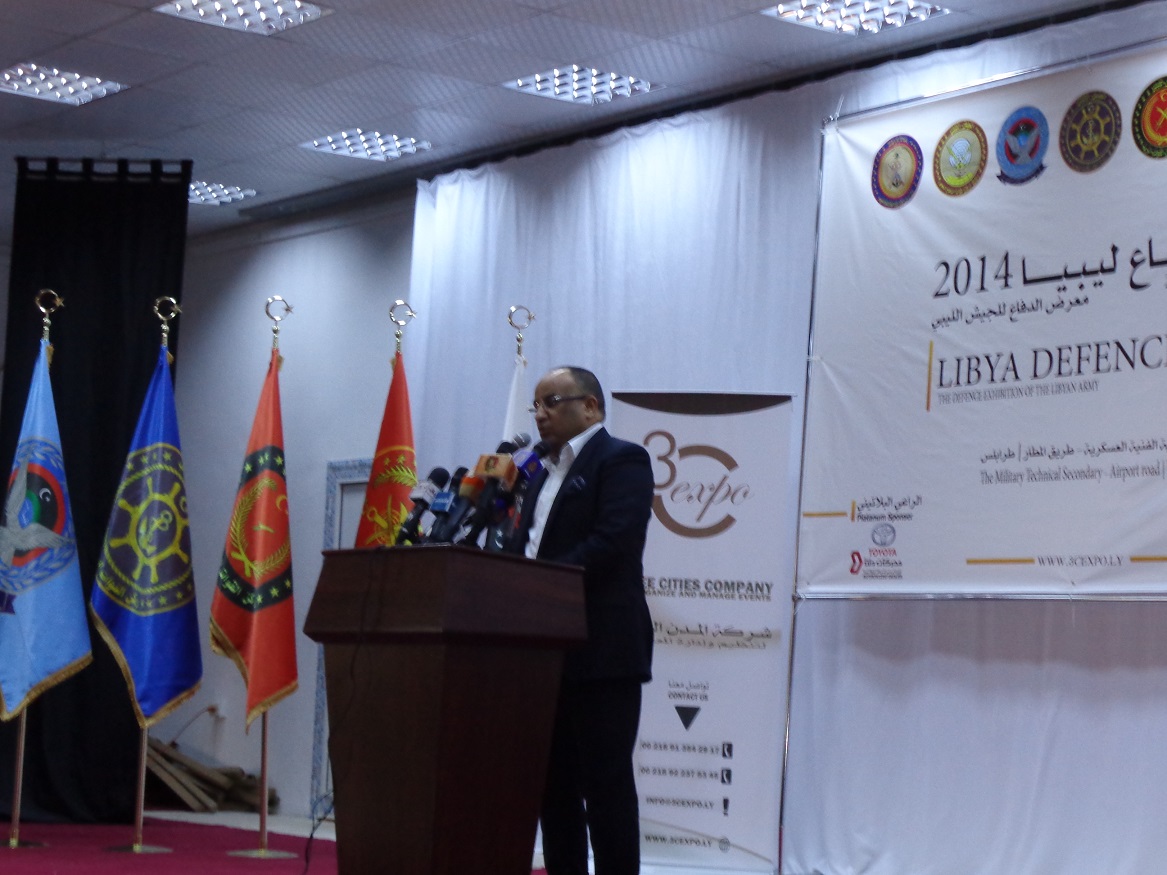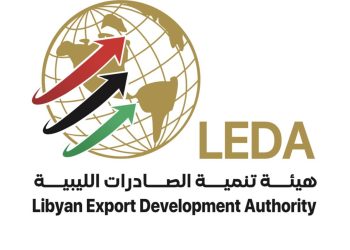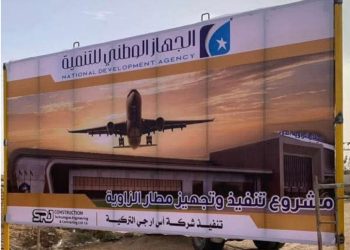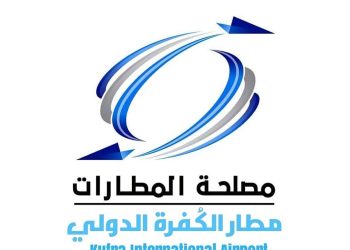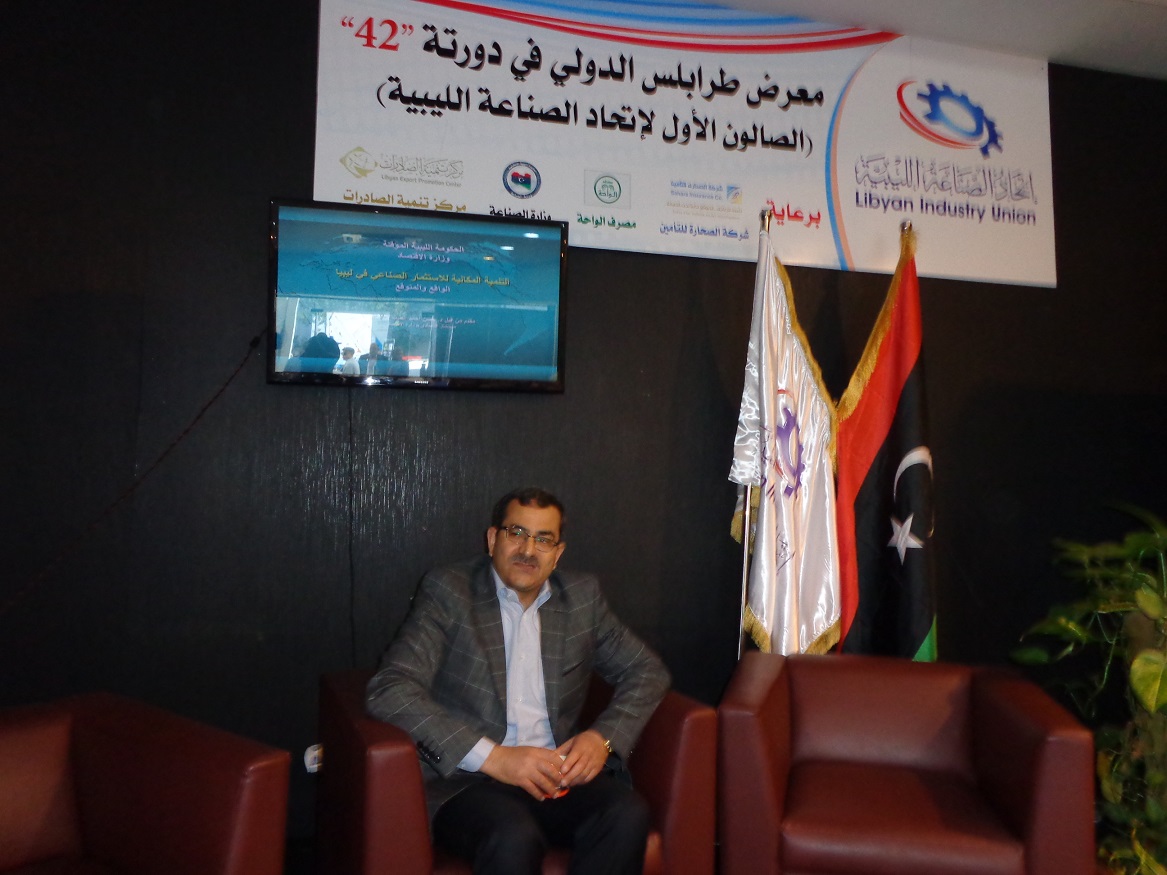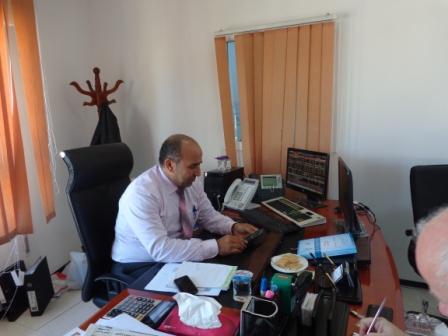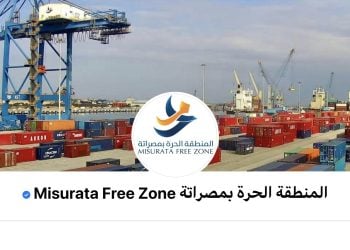By Sami Zaptia.
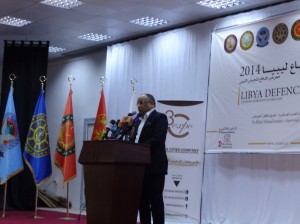
Tripoli, 6 April 2014:
The Libya Defence Show 2014, which will run for three days, opened today to an exclusive . . .[restrict]crowd at the Military Technical Secondary in Airport Road, Tripoli.
The opening ceremony, not given any pre-publicity due to security concerns, was headed by Abdulsalam Al-Gadi, Deputy Prime Minister, Salah Mazig, acting Minister of Interior and Yousef Buhajar, Chief of Land Forces. It was also attended by a number of diplomats, military attaches, various members of the armed forces as well as representatives of the exhibiting companies.
In the very brief opening remarks, Deputy Prime Minister Abdulsalam Al-Gadi was pleased that such an event could take place and thanked the organizers and participants for their presence and efforts. Salah Mazig, acting Minister of Interior, said that he hoped that the efforts of all concerned would help Libya “build a strong army to enable it to defend itself”.
The Chief of Land Forces, Yousef Buhajar said that “the importance of this exhibition is that it is part of the effort to build a strong Libyan army”. Through the event, he explained, he hoped that Libya itself would “learn about the latest developments and technology” in the defence field. But Buhajar also felt that it would be “a positive step in building relations with Libya’s friends and allies”.
There were some forty companies at the exhibition from Libya, USA, UK, France, Germany, Japan, Denmark, Turkey and Pakistan.
The largest display area at the show was by United Libya Systems, a Libyan company which represents a number of leading US defence companies in Libya including Textron. “Textron is a leading US defence Fortune 500 listed company with 33,000 employees and a US$ 12.5 bn turnover”, explained United Libya Systems’ President Hussam Alghazali.
“We have a licence from the US to market and sell our products in Libya and we have signed a number of agreements in Libya which will be finalized very soon”. Alghazali said.
He also added that Textron was confident about the future of the market in Libya and plans to use Libya as its hub for the region. Textron are so confident about the Libyan market that they are seriously considering setting up an assembly plant in country for their drones.
“Textron is the only manufacturer in the US that can produce a full range of military products”, said Robert Faille Jr, Textron’s Director of Libya Operations. We produce Bell helicopters, Cessna planes, commando armoured personnel vehicles, drones, RHIBs (Rigid Hulled Inflatable Boats), as well as training and command and control centres”.
“We are able to integrate all our products, services, training and after-sales services in a one stop shop , be it border security, coastline security, or security for cities. We do not mind investing the time and effort because we know we are going to succeed. We have the fastest mobilisation that the government can ask for – we are ready to move now”, Faille added confidently. This confidence is evidenced by Textron’s clients in Saudi, UAE, Afghanistan, China, South America, Canada, and Europe, he explained.
Asked by Libya Herald what was Textron’s key to success, and why they were so confident in succeeding in Libya, Alghazali said that “the key to success is persistence and perseverence in the market. We are not afraid to invest or to take risks. We will create local jobs and will repair products locally. We are probably the only US defence company that has citizens permanently here – that’s what we see as our strengths”, he explained.
Another company on the verge of a deal is Libyan company Tirsana. It is currently in advanced talks with Tripoli International Airport for its specialist security cameras, the “Longview2”. In a recent demonstration at the airport, the camera was able to display the Marriot hotel near Tripoli Tower – over 25 km away, the company reported to Libya Herald.
The camera is able to operate during the day, night and in fog or mist, and is able to detect a face over 1.5 km away. Other airports including Ghadames airport have expressed an interest, the company told Libya Herald.
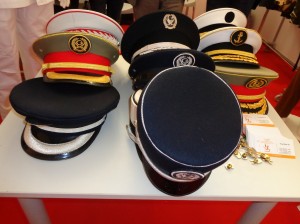
UK company CTA , itself represented by Tirsana, are also in negotiations with Benghazi’s Special Forces (Saiqa) to train its members in how to counter IED’s (Improvised Explosive Devices).
This training will include deactivating IEDs as well as forensic training to help anticipate where and when future devices might be planted in the city of Benghazi. CTA is another company that is happy to provide training in Libya.
Other firms at the exhibition included those marketing armoured vehicles, uniforms, flak jackets, shoes, trucks, safety barriers, tents and how to deal with unexploded ordinance. [/restrict]
